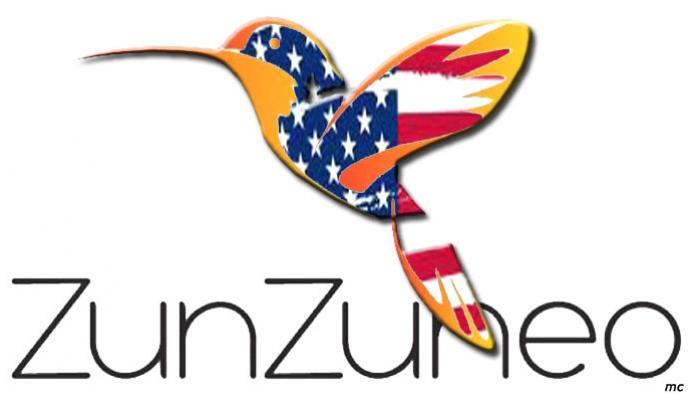San José, April 25 (RHC) – Costa Rica condemned the subversive "Cuban Twitter" program or ZunZuneo, that was launched from the U.S. embassy in its capital, San Jose, with the aim of stirring political unrest in Cuba.
The condemnation was made on concerns that this would damage diplomatic relations between Cuba and Costa Rica, according to a statement by the Costa Rican foreign minister.
The ZunZuneo network which targeted young Cubans as a free social media platform for music, football etc. had drawn tens of thousands of subscribers who remained unaware that the network was founded by the U.S. Agency for International Development (USAID).
In an interview with Associated Press (AP), Costa Rican Foreign Minister, Enrique Castillo, said that the program known as 'ZunZuneo' was aimed at stirring political unrest in Cuba, and deemed 'inappropriate' the use of an embassy in Costa Rica for that type of operation that harms a third country. Castillo said that the Costa Rican government is awaiting an urgent explanation from the Washington.
According to the Costa Rican newspaper, La Nacion, the Costa Rican Foreign Ministry warned the U.S. Embassy back in 2009 that the plan to develop the network could cause political difficulties for Costa Rica. Costa Rica even refused to grant diplomatic status to two U.S. government contractors who were involved in the program. The foreign ministry also told the U.S Embassy in San Jose that the ZunZuneo program went “beyond the limits of binational cooperation”.
Documents obtained by AP show that contractors working on ZunZuneo went to extensive lengths to hide its ties to the U.S., using foreign companies and computer servers paid for via a bank account in the Cayman Islands.
The U.S. government has denied that the program was secret or that it had a political agenda. Since the AP's initial report, a Senate panel asked USAID to turn over all records about ZunZuneo as part of a broader review of the agency's civil-society efforts worldwide.


